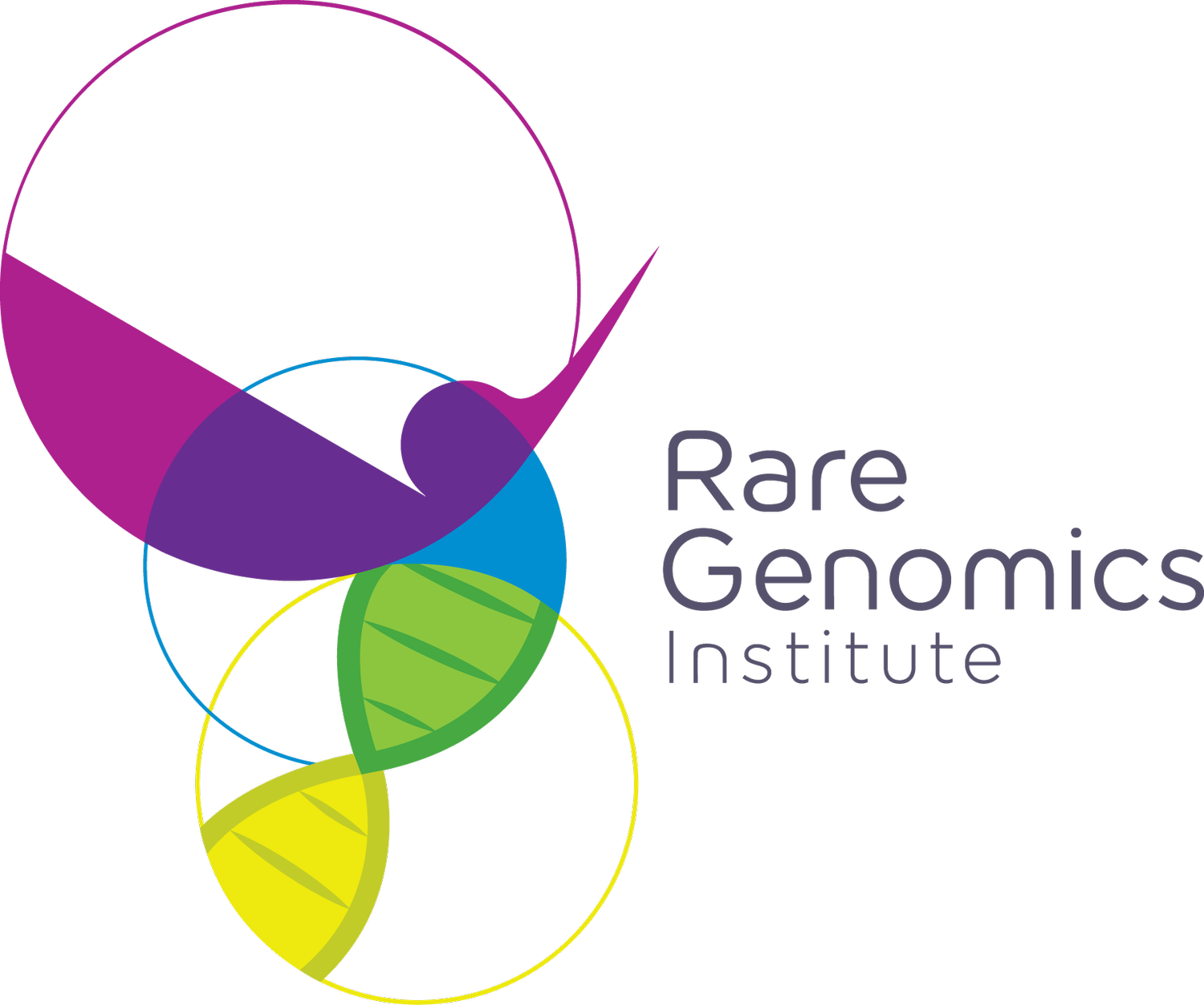TFE3-Associated Neurodevelopmental Disorder (TFE3)
What is TFE3-Associated Neurodevelopmental Disorder (TFE3)?
TFE3 is a condition which can cause severe intellectual disability, differences in the development of facial features and pigmentary mosaicism (varied patterns of pigmentation in the skin). More information about TFE3 may be found on the NIH’s website: https://pubmed.ncbi.nlm.nih.gov/31833172/
What is the prevalence of TFE3?
To date, there are 20 identified cases of TFE3 worldwide. More research is needed to determine the actual prevalence of the condition.
How is TFE3 diagnosed?
Mutations in the transcription factor for immunoglobulin heavy-chain enhancer 3 (TFE3) gene trigger the condition. Genetic testing is a tool which can be used to diagnose TFE3.
Is there any specific gene/pathway in TFE3 that has been identified?
Changes or mutations in a in the transcription factor for immunoglobulin heavy-chain enhancer 3 (TFE3) gene are known to be associated with TFE3.
How is TFE3 treated?
TFE3 can be misdiagnosed, often as lysosomal storage disorders (which are inherited metabolic diseases that are characterized by an abnormal build-up of various toxic materials in the body's cells). Treatment options are still emerging for TFE3.
Are there any clinical trials underway for TFE3?
The National Institutes of Health (NIH) has completed 1 clinical trial for TFE3. Currently, there are 2 clinical trials underway for the condition. More information on future studies and patient recruitment can be found here: https://clinicaltrials.gov/ct2/results?cond=tfe3&term=&cntry=&state=&city=&dist=
How can RareShare be helpful to TFE3 patients and families?
There is currently no TFE3 Rareshare community. The creation of a new community can facilitate new discussions to help connect patients, health workers, caregivers and families interested in TFE3 and provide them continual access to community resources.
